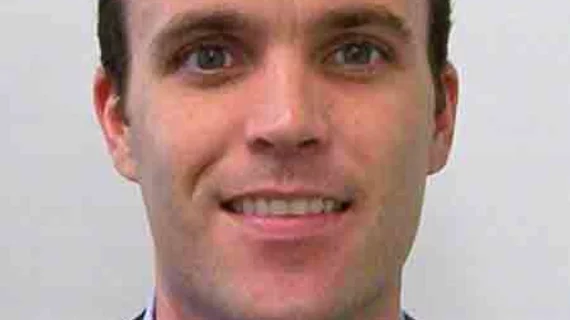DOJ investigation in ICD misuse continues
Although the Department of Justice (DOJ) announced on Oct. 30 that it had settled with 457 hospitals for allegedly improperly implanting implantable cardioverter defibrillators (ICDs), it said it will to continue to investigate hospitals and health systems that fail to comply with the ICD implantation rules.
So far, the DOJ has reached 70 settlements for a total of $250 million. The judgments have to do with Medicare coverage for ICDs, which cost approximately $25,000 per device.
Under Medicare’s rules, hospitals and providers are supposed to wait 40 days after an MI and 90 days after heart bypass surgery or angioplasty before implanting an ICD.
The Heart Rhythm Society (HRS) noted in a statement that there are differences between Medicare coverage requirements and evidence-based clinical practice. In 2013, HRS, the American College of Cardiology and the American Heart Association published an expert consensus statement on patient eligibility to receive an ICD.
“Today, we have a situation where physicians use their best clinical judgment to reduce patients’ risk of life-threatening arrhythmias, while faced with the difficult task of meeting Medicare coverage requirements that do not properly reflect current clinical practice,” HRS president John D. Day, MD, said in a news release. “Collectively, we must work together to solve this issue and adapt to a changing environment.”
Click here for a list of the 457 hospitals that have settled so far.
-Tim Casey
Executive Editor

